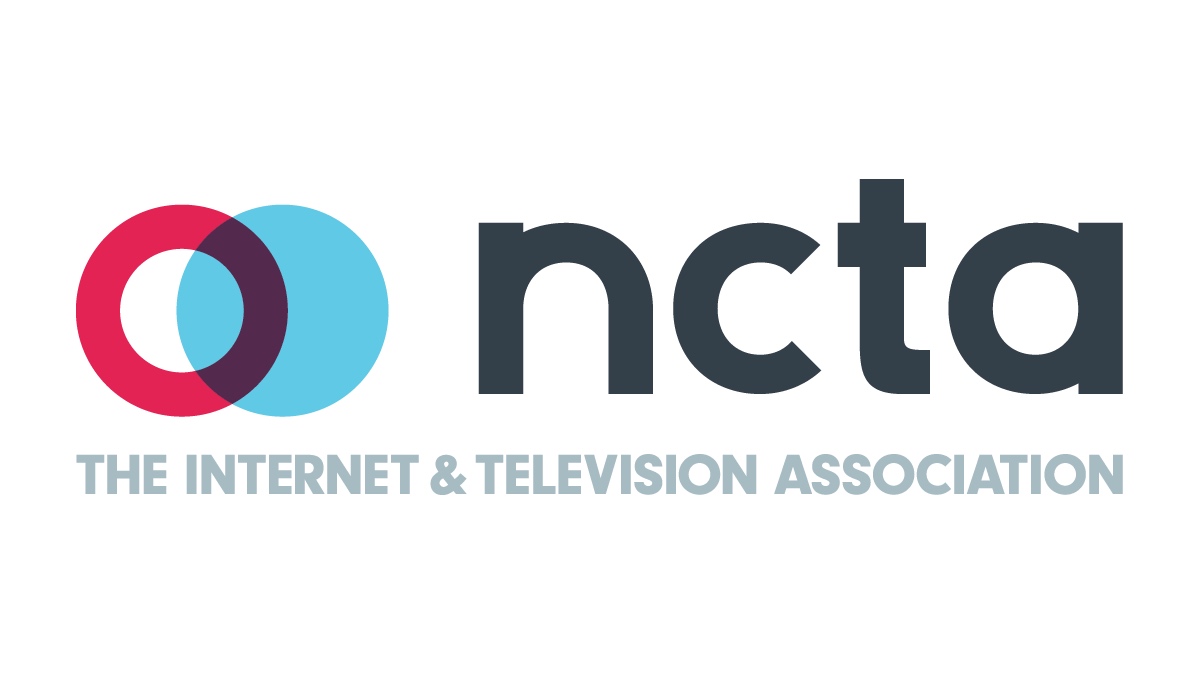NCTA to FCC: Set 5.9 GHz Free
The smarter way to stay on top of the multichannel video marketplace. Sign up below.
You are now subscribed
Your newsletter sign-up was successful
Cable operators are urging the FCC to push ahead with its plans to open up the lower 45 MHz of the 5.9 GHz band for unlicensed use, saying that spectrum is critical for current and future WiFi needs, particularly in a COVID-19 time of social distancing when WiFi helps bridge that physical gap.
The 5.9 GHz proposal, adopted unanimously last December, is among a number of efforts to clear spectrum for 5G.

Cable operators' prod came in reply comments from NCTA-the Internet & Television Association on the FCC's proposal to free up that swath of spectrum while reserving the other 30 MHz in the band for vehicle-to-vehicle communications.
Related: FCC Lends WISPS 5.9 GHz Spectrum for Pandemic-Driven Traffic
NCTA has long pushed for freeing up the spectrum, just as auto makers have long pushed back, saying it could impede the rollout of lifesaving connected-car systems. Car companies want the FCC to reverse course and keep all 75 for V2V, while cable ops want the FCC to put the item on the fast track to approval.
"Critical industries like healthcare, education, transportation, finance, and agriculture rely on WiFi to manage connected devices, monitor worker and consumer safety, provide educational resources, make secure transactions, and enable cost-effective connectivity," it told the commission. "These dynamics are even more pronounced in the current moment, as millions of Americans rely on WiFi to remain connected and productive while practicing social distancing."
As to car companies' argument that the spectrum is not important to the broadband deployment effort, an effort taking on even more importance in the shelter-in-place study in the parking lot pandemic, NCTA says such a stance is unjustified. "The importance of and demand for WiFi are the highest they have ever been," NCTA said.
The smarter way to stay on top of the multichannel video marketplace. Sign up below.
Bottom line, says NCTA: "[T]he record makes clear that the 30 megahertz the Commission proposes to reserve for ITS [intelligent transportation systems] is more than sufficient to enable ITS companies to deliver the crash-avoidance applications that they argue can only be realized in the 5.9 GHz band. The record confirms that the Commission should reject ITS delay tactics, adopt its proposal to open the lower 45 megahertz of the 5.9 GHz band to unlicensed services, establish reasonable technical rules, and proceed to a final order as soon as possible."
Contributing editor John Eggerton has been an editor and/or writer on media regulation, legislation and policy for over four decades, including covering the FCC, FTC, Congress, the major media trade associations, and the federal courts. In addition to Multichannel News and Broadcasting + Cable, his work has appeared in Radio World, TV Technology, TV Fax, This Week in Consumer Electronics, Variety and the Encyclopedia Britannica.

